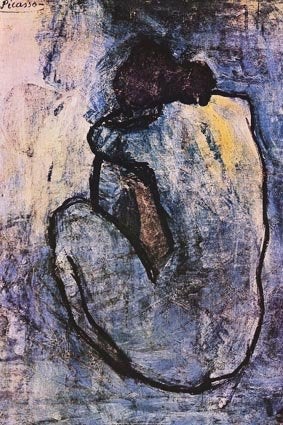| |
|
Battling the Baby Blues: A Survival Guide for Latinas |
|
When the "blues" won't go away: Postpartum Depression
According to a 2005 study on postpartum depression (PPD), Latinas report more symptoms of depression following the birth of a child than African-American or white mothers (9). What is PPD?About one in eight women suffer from Postpartum Depression (PPD). PPD is a more severe form of depression than the "baby blues." It is more serious and develops during the first year after the birth of a baby. Women with PPD experience despair and inadequacy. They often are unable to cope with the demands of motherhood and suffer from guilt. Some women will lose interest in normal activities. Even more serious is that some women have thoughts of suicide. For fear of being labeled bad mothers, many women will try to hide their feelings of depression (10). People close to the mother, including the family doctor, may fail to recognize it as PPD. They will often wave off the mother's concerns as "the blues" or blame it on the stress of being a new parent (11). PPD can affect any woman, regardless of age, race, income, culture, or education. It affects women with healthy babies and those with ill children. It affects breastfeeding mothers and those who aren't. It affects first-time mothers and mothers with more than one child (12). Basically, there is no rhyme or reason to it.
Helpful Links (English and Spanish) and Sources
|
 Blue Nude by Pablo PIcasso |
|||||||
| Accessibility | Privacy | ASU Disclaimer | This site was created by Michelle Smythe in fulfillment of requirements for the course CSS 335: Latino Health Issues taught by Dr. Szkupinski Quiroga at Arizona State University, Spring 2007. | ||||||||